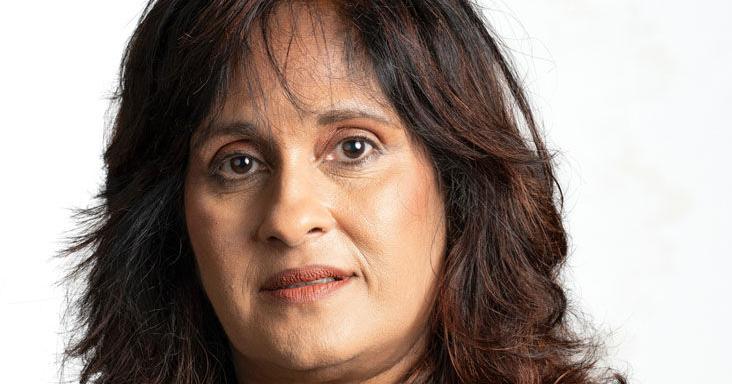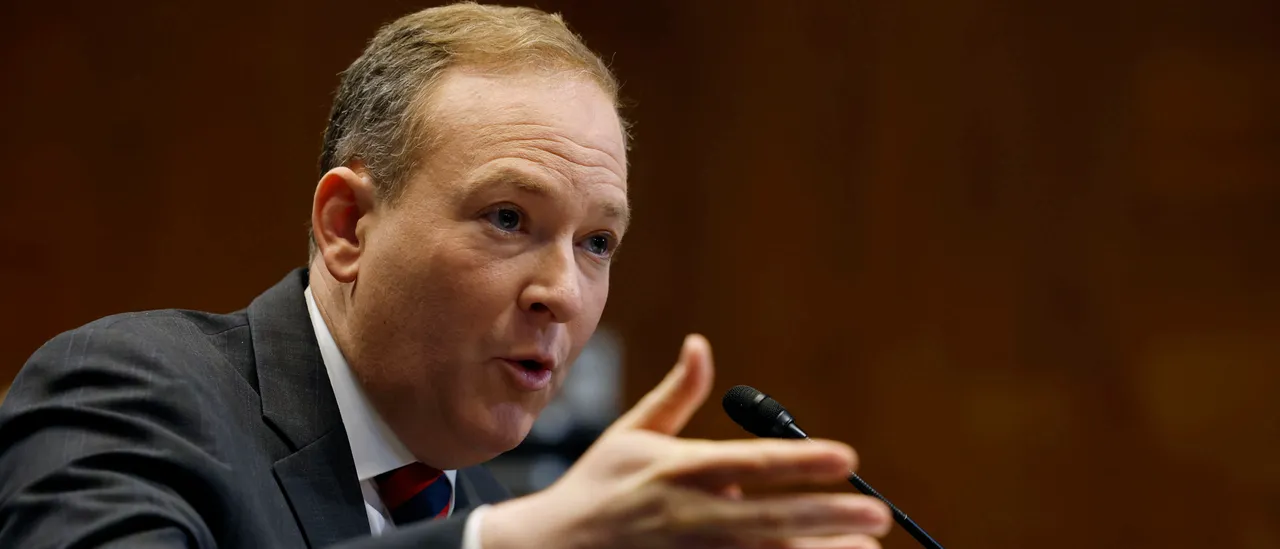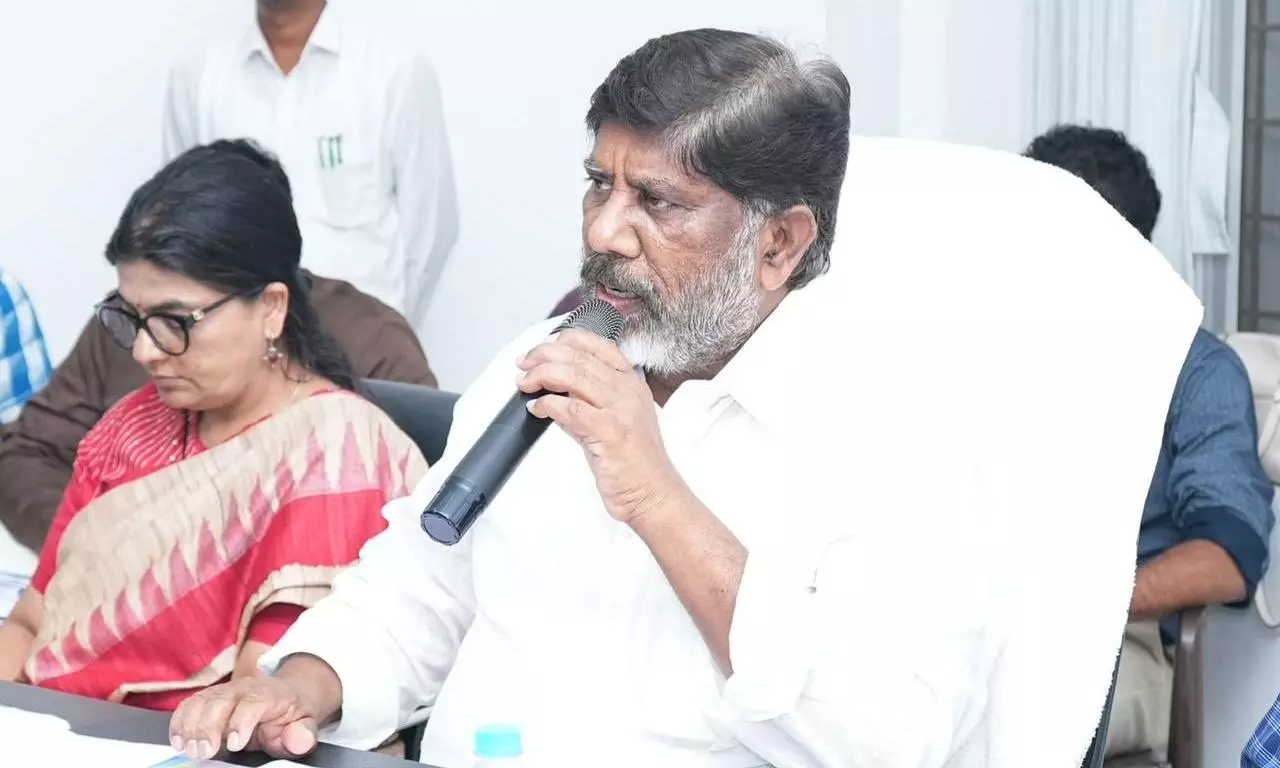Copyright trinidadexpress

Budget 2026 signals a shift toward cautious optimism and the restoration of national confidence. It is neither exuberant nor austere. Instead, it offers a pragmatic balance between economic stabilisation and social renewal in a tone that marks a departure from the rhetoric of crisis that has dominated in recent years. The budget recognises that the nation’s growth path must now move beyond energy dependency, underpinned by fiscal reform and a redefined social compact. Of course, it has its limitations but the consensus from the various stakeholders is one of hope and optimism. The much discussed $1-per-litre reduction in super gasoline could not have been an easy giveaway for the Government. It comes at the loss of much needed income. But it offers immediate, visible relief to consumers and small businesses at a time when inflationary fatigue is widespread. Stakeholders such as the Tobago Tourism Association lauds it as a welcome reprieve. The decision to grant a 10% wage increase to public servants for unresolved negotiations is an act of fairness that can be a strategic economic stimulant. After years of stagnant wages and eroded purchasing power, this adjustment restores equity while simultaneously injecting new spending power into the economy, generating positive multiplier effects and modestly boosting domestic demand. To meet this obligation without significantly worsening the projected deficit, the Government will need to employ creative financing such as phased implementation, partial bond settlements, and land for backpay. Managed prudently, this can demonstrate that fiscal responsibility and social equity can coexist. The budget introduces or adjusts several taxes, levies and surcharges, designed to place the greater burden of national financing on those with the capacity to absorb while attempting to shield those least able to bear new costs. Such measures include an asset levy of 0.25% on the total assets of commercial banks and insurance companies, increases in excise duties and import surcharges on selected commodities, and adjustments to the electricity surcharge on industrial users. Further, a modernised Inland Revenue Division and Customs regime is intended to target tax leakages, under-invoicing, and non-compliance. Collectively, these initiatives represent a strategic attempt to fund the fiscal deficit projected at TT$3.865 billion, or roughly 2.2% of GDP, without imposing direct hardship on the most vulnerable. Practical risk remains. These costs could be passed on to consumers. Shifts in global energy markets or geopolitical tensions could undermine revenue projections, and failure to deliver visible outcomes may erode early goodwill. Each of these risks underscores the need for regulatory vigilance and open communication to prevent fiscal measures from morphing into unchecked inflationary pressures. The budget’s structural heart lies in its push for non-energy diversification. Recognising that hydrocarbons can no longer singularly anchor the economy, the budget identifies several sectors for targeted expansion. None are new, but for the first time, a budget provides clear deliverables and sets targets by which the Government can be held accountable. Agriculture and agro-processing exports are to be increased by $1 billion by 2026/27, and food imports cut by 25% by 2030. Manufacturing and light industry value chains are to be deepened for increased export competitiveness. Digital services and logistics infrastructure upgrades and incentives for e-commerce and ICT investment. Tourism, health, education, and creative industries, positioned for a targeted $3 billion investment in two years, and $9 billion in five years. Yachting and marine services development to position T&T as the southern Caribbean hub for yacht repairs. Capital market development, anchored by an innovative Real Estate Investment Trust (REIT) and another National Investment Fund (NIF) issue are designed to mobilise domestic savings and broaden public participation in State assets. The diversification initiatives are pragmatic and consistent with long-term reform goals. However, success will depend on execution capacity, regulatory consistency, and the pace at which public-sector inefficiencies can be reduced. Moreover, a champion institution is needed, charged with the responsibility of pulling all the elements into a cohesive diversification development plan, identifying the strategic linkages, impediments and bottlenecks across ministries, State institutions, private sector and academic centres to accelerate implementation. Noteworthy, the budget introduced measures to stabilise the National Insurance System (NIS), long threatened by declining contribution inflows and increasing payment outflows. The Minister of Finance must be credited for facing frontal a potential catastrophe left unchecked for too long. Incremental increases in contribution rates, alongside gradual adjustments to the retirement age, have been announced to restore the fund’s solvency trajectory. A $5 million Women’s Health Fund addresses period poverty by providing free menstrual products in schools and funding menstrual health education. This can increase educational participation and instil personal dignity among women and girls, and represents a significant shift toward gender-responsive budgeting, recognising that inclusion and equity are integral to national development. The budget is silent on the pressing issue of foreign exchange allocation. It only mentions a refocusing of the EXIM bank to providing forex for export manufacturing. But then, the only real solution is increasing the supply of forex, and if the diversification measures identified are aggressively pursued, forex shortages and calls for US dollar price adjustments could be a thing of the past. If this Government delivers on its commitments even partially, with transparency, efficiency and partnership, this first policy statement of the new administration could well mark the beginning of a genuine economic reawakening. —Author Indera Sagewan is an economist and Central Bank director.



